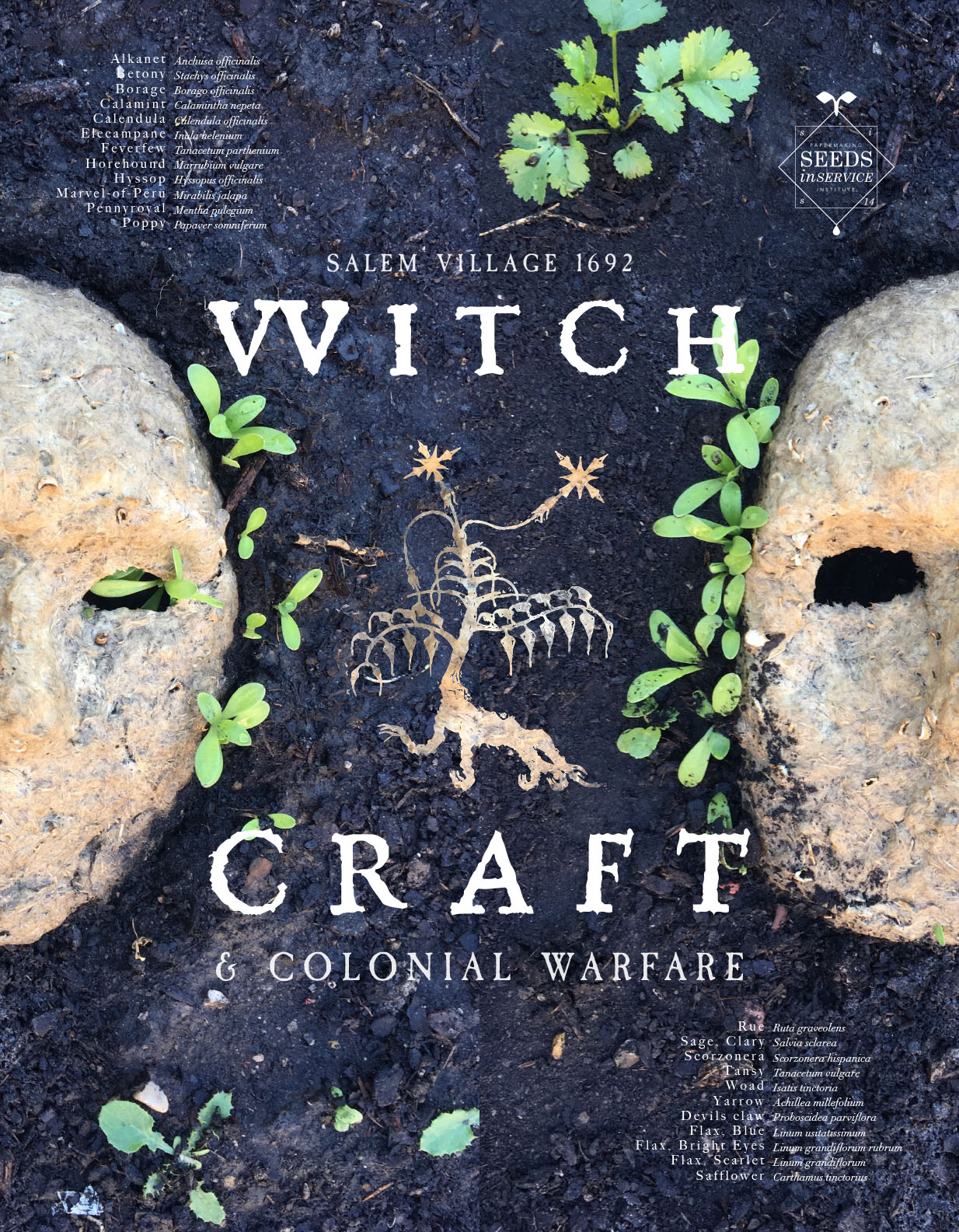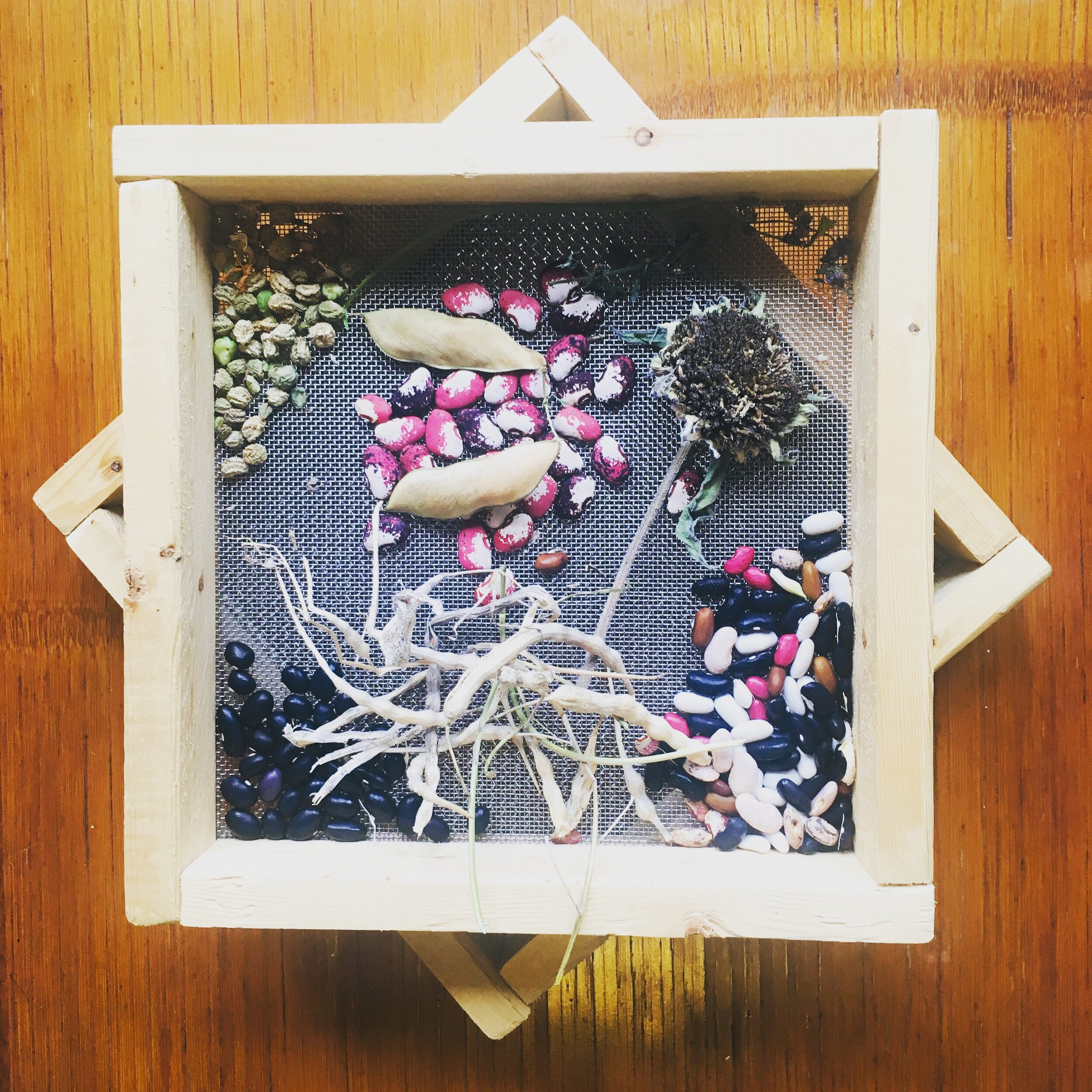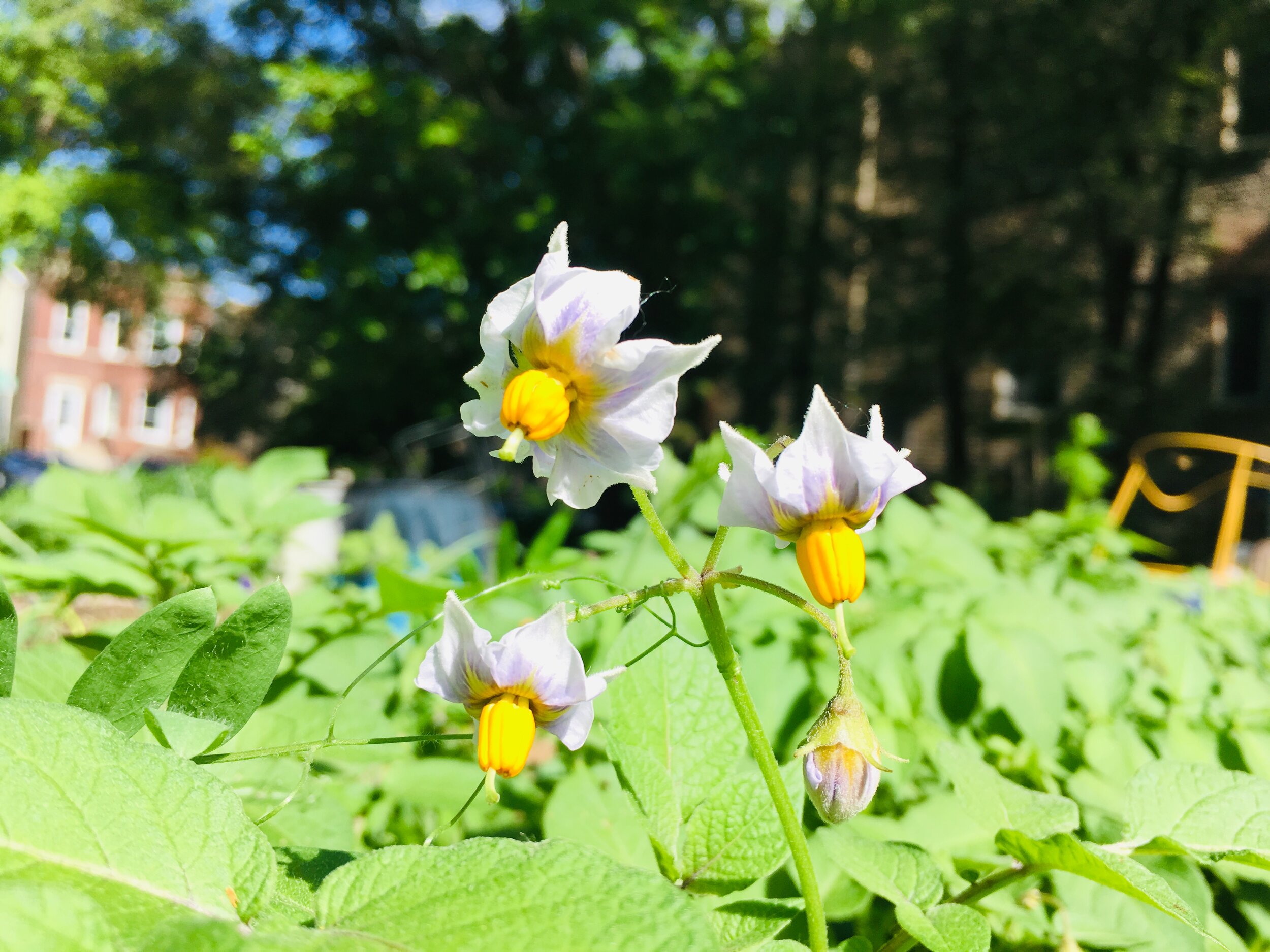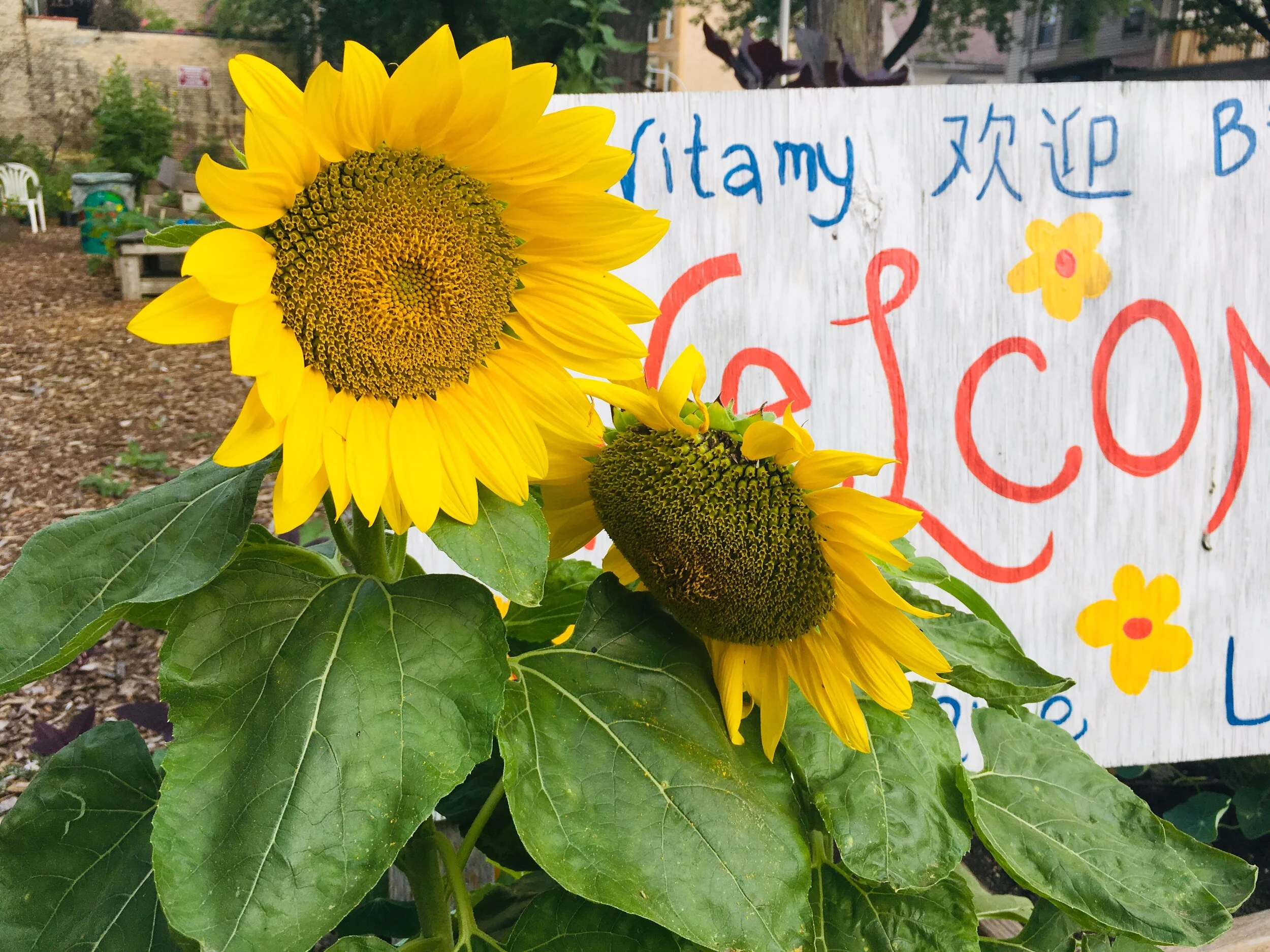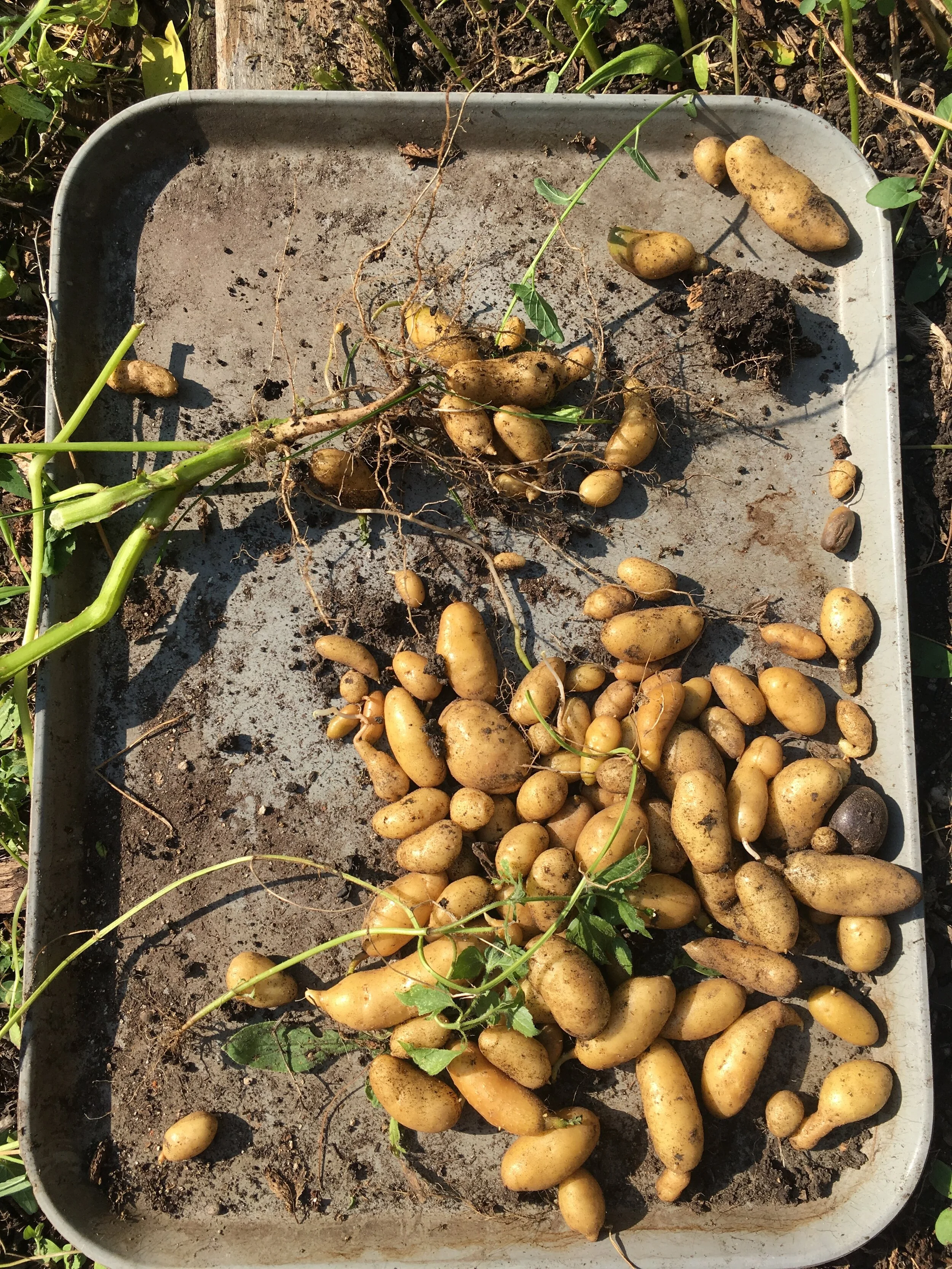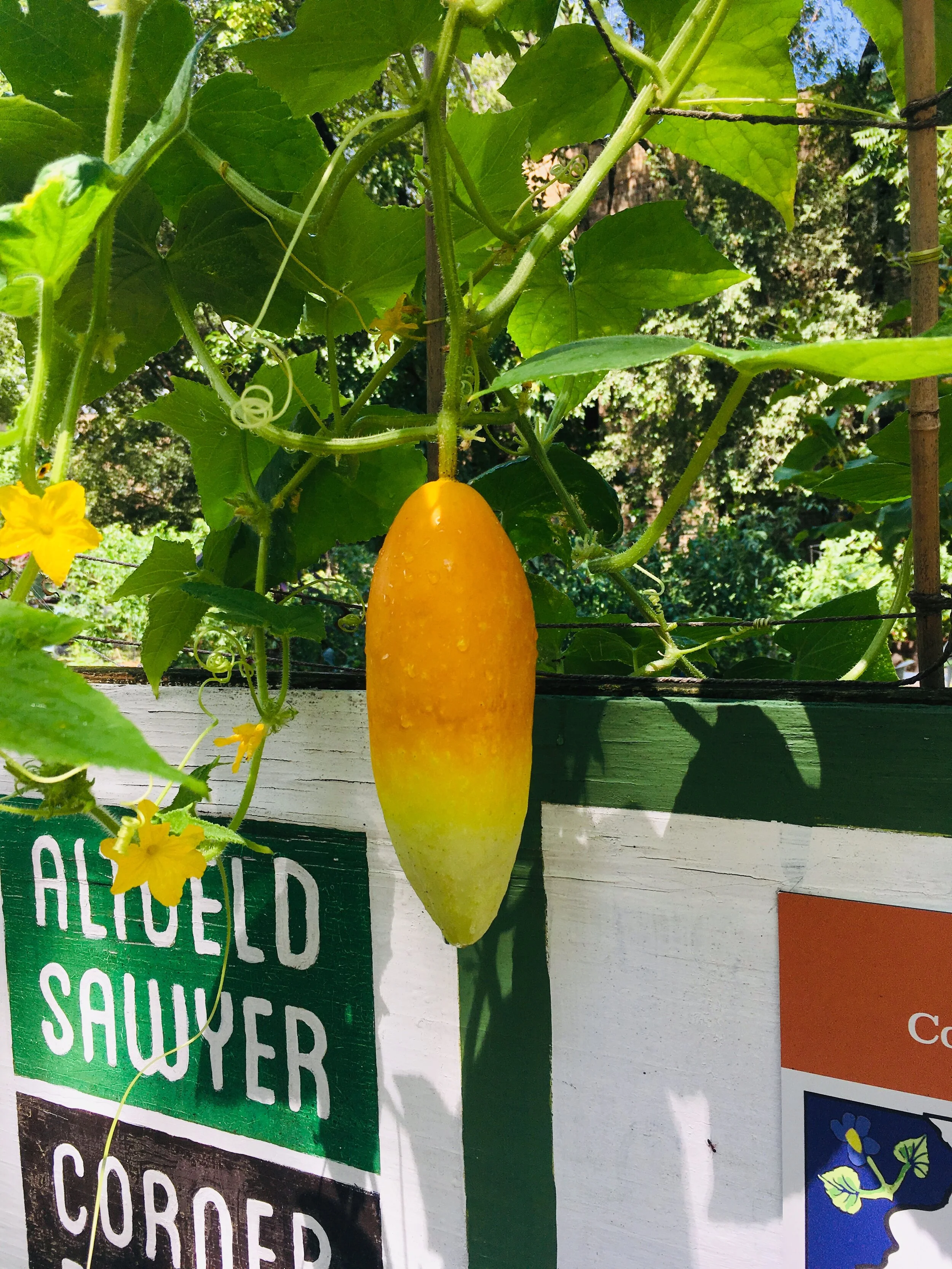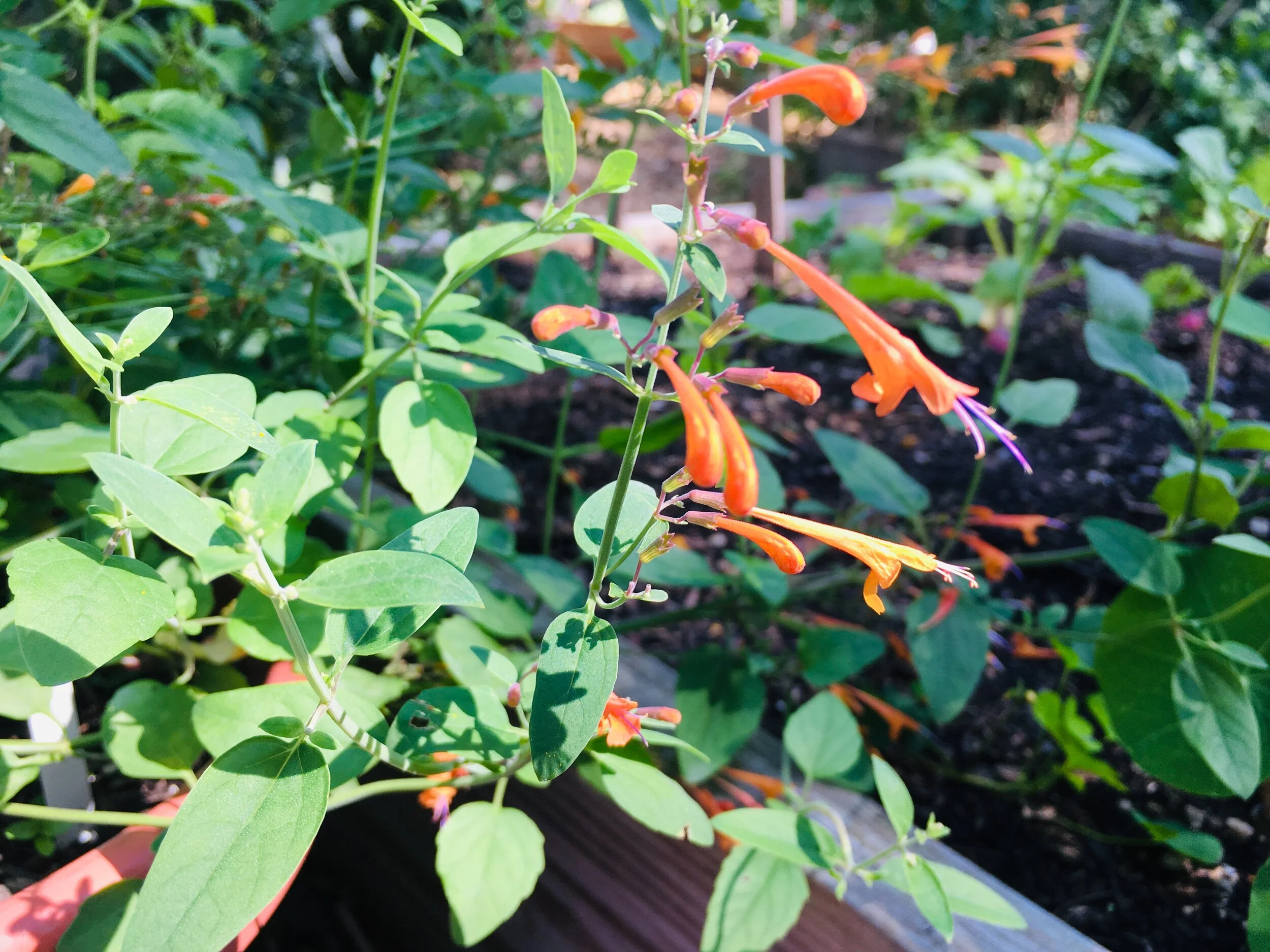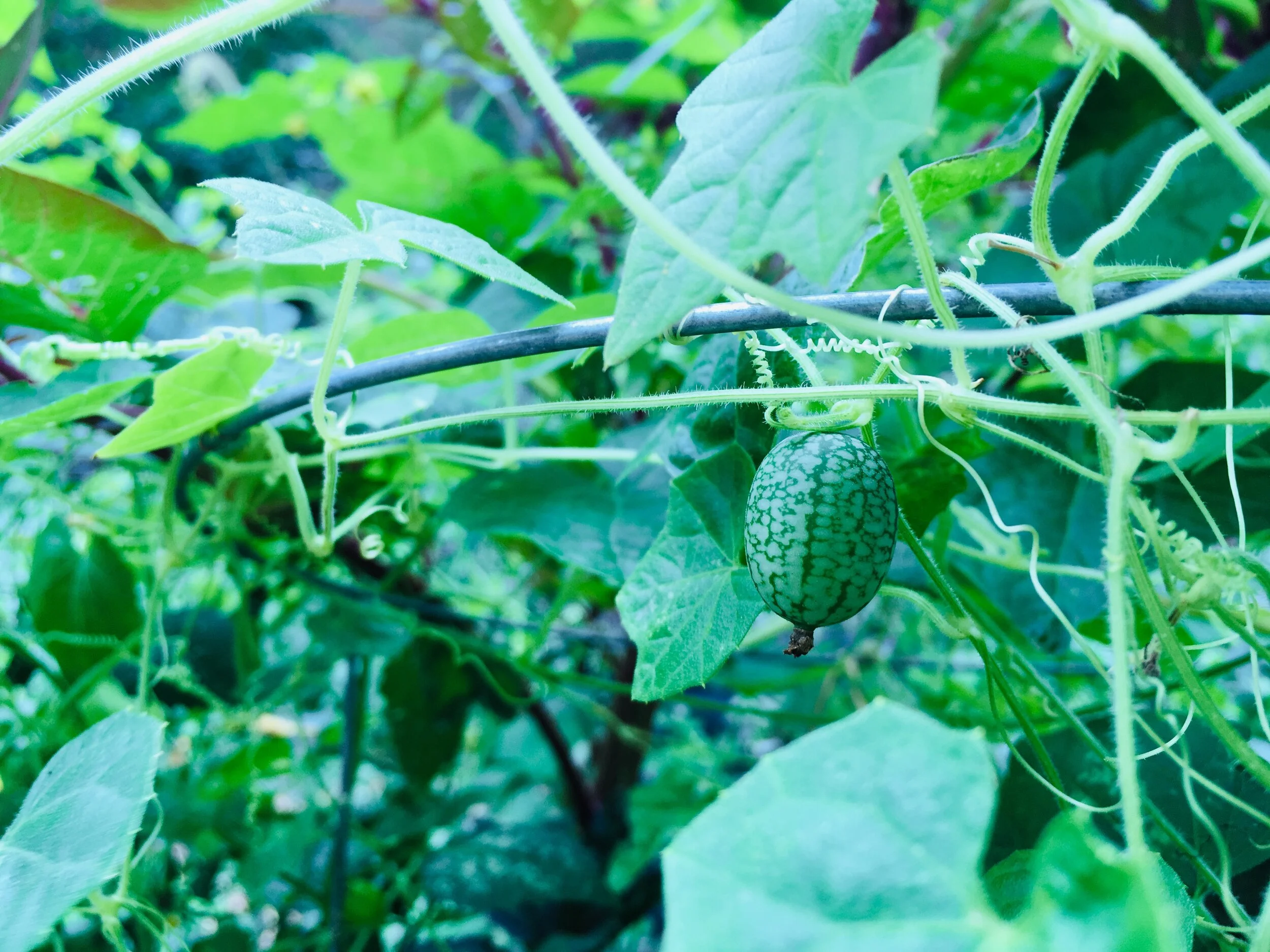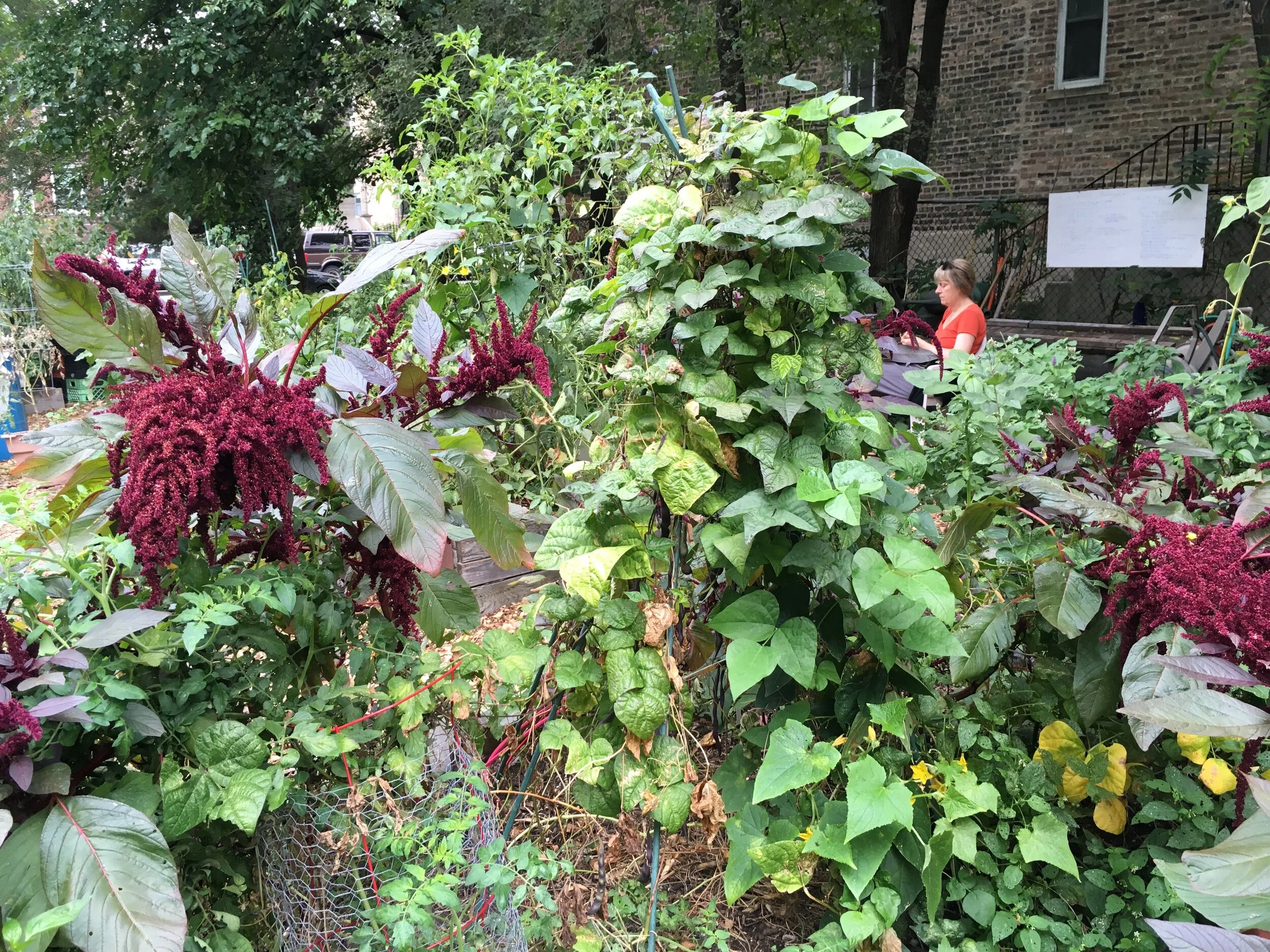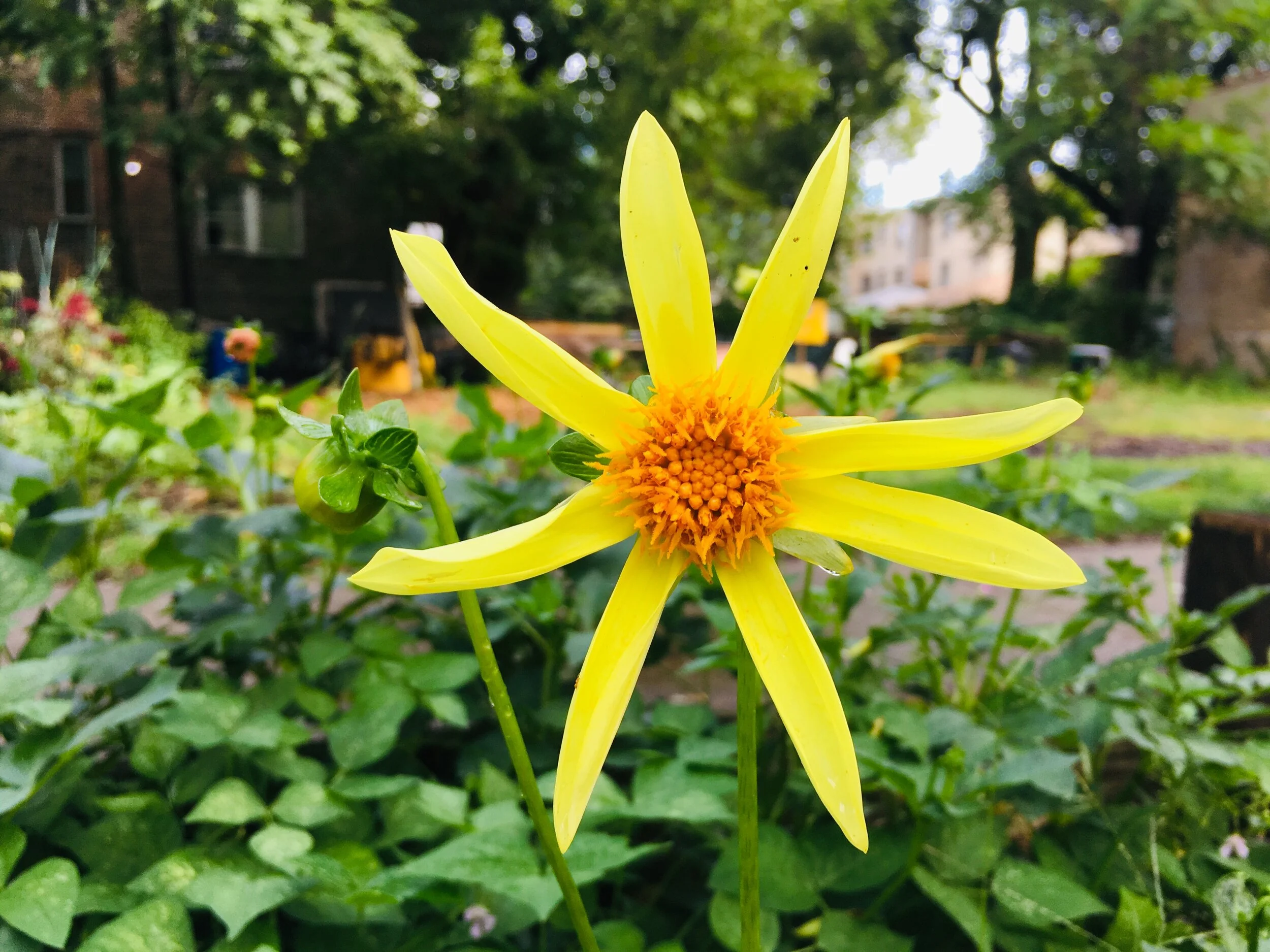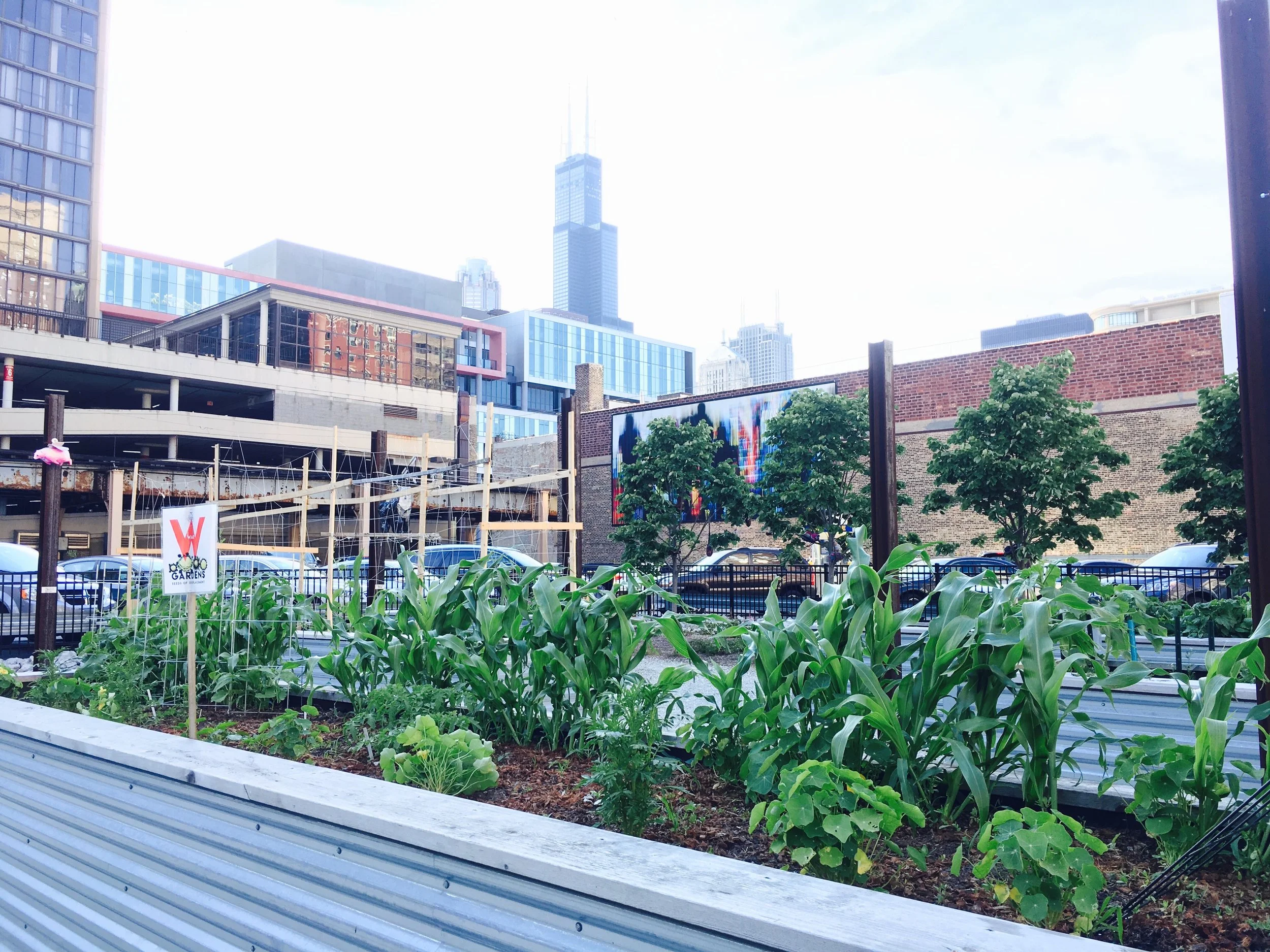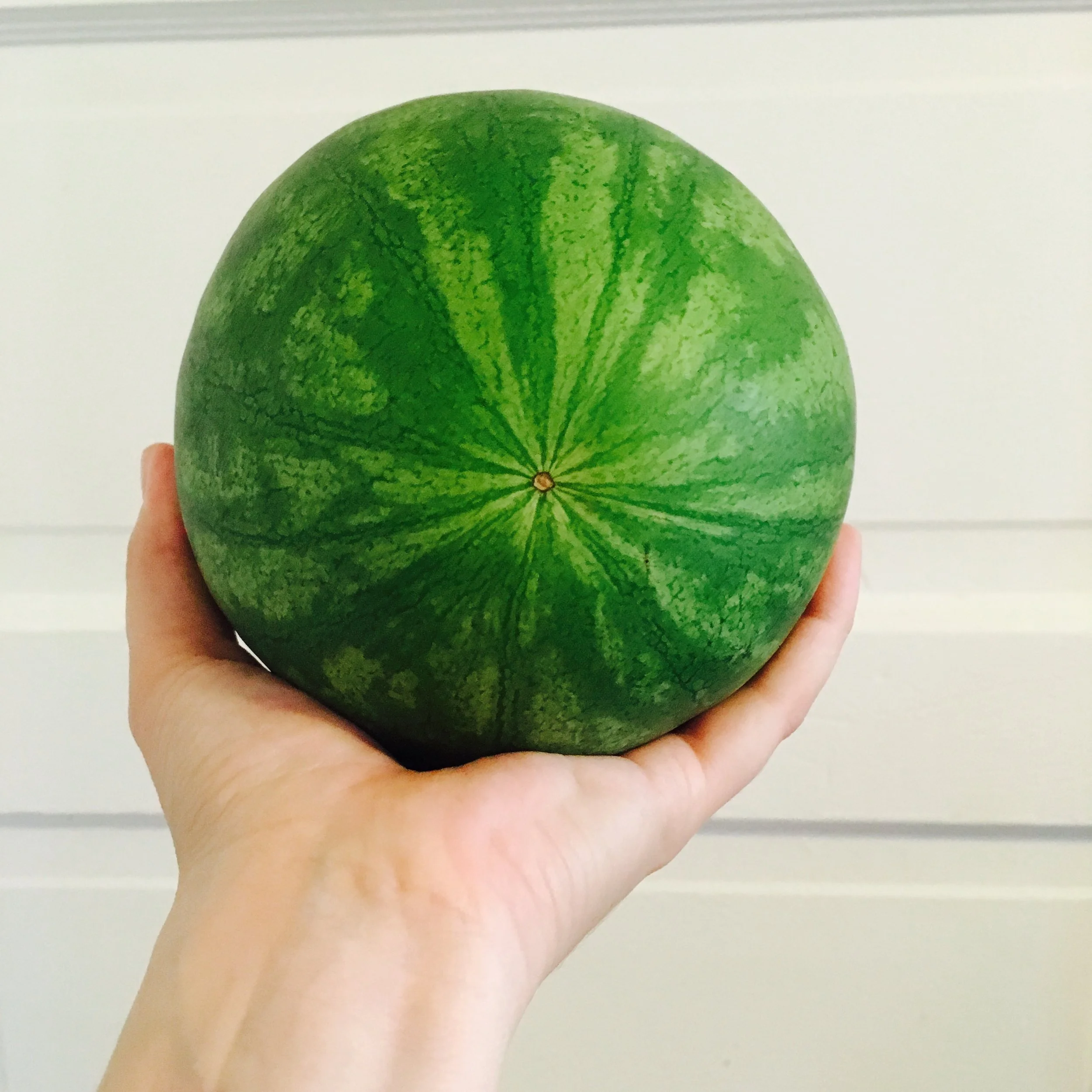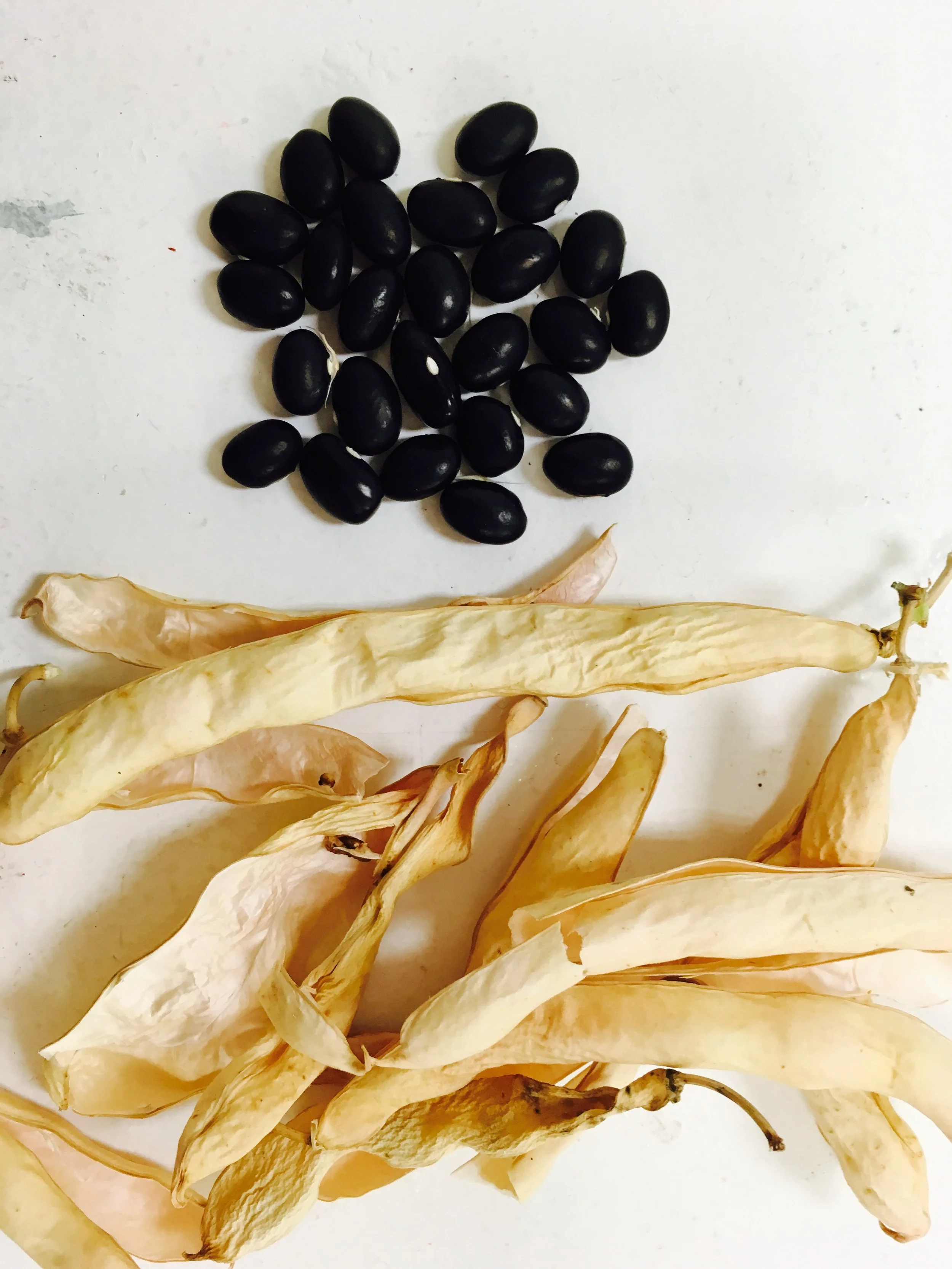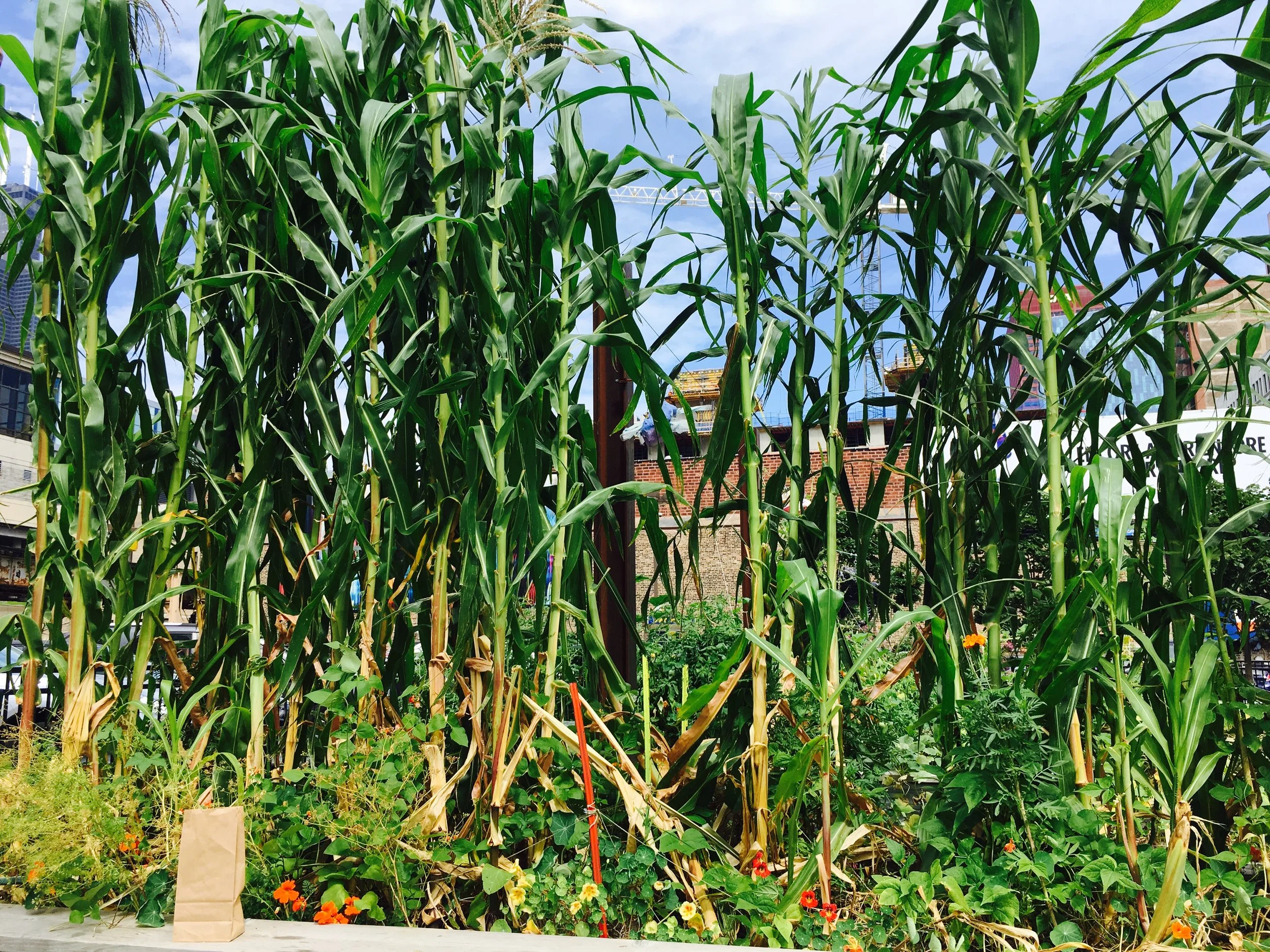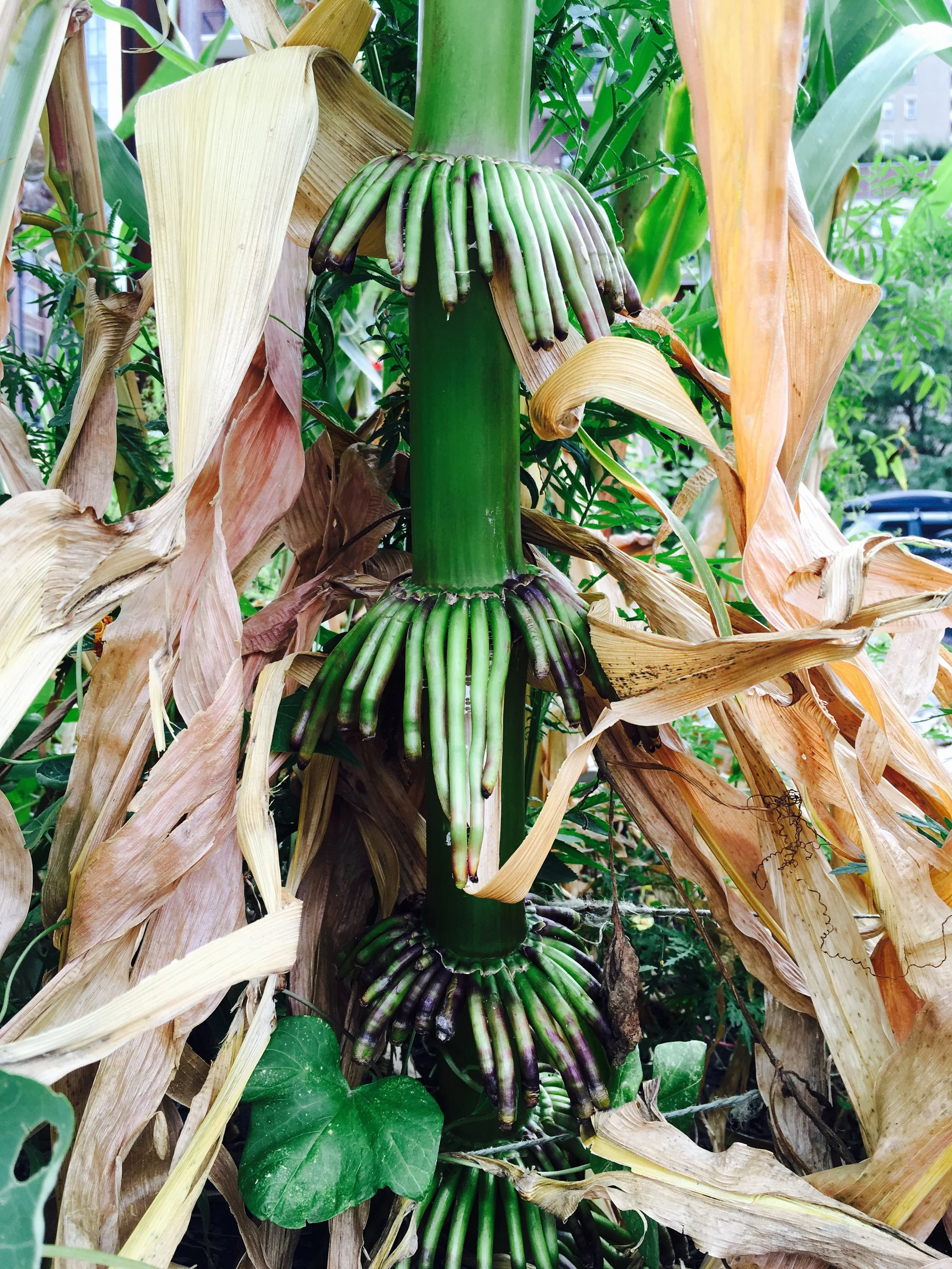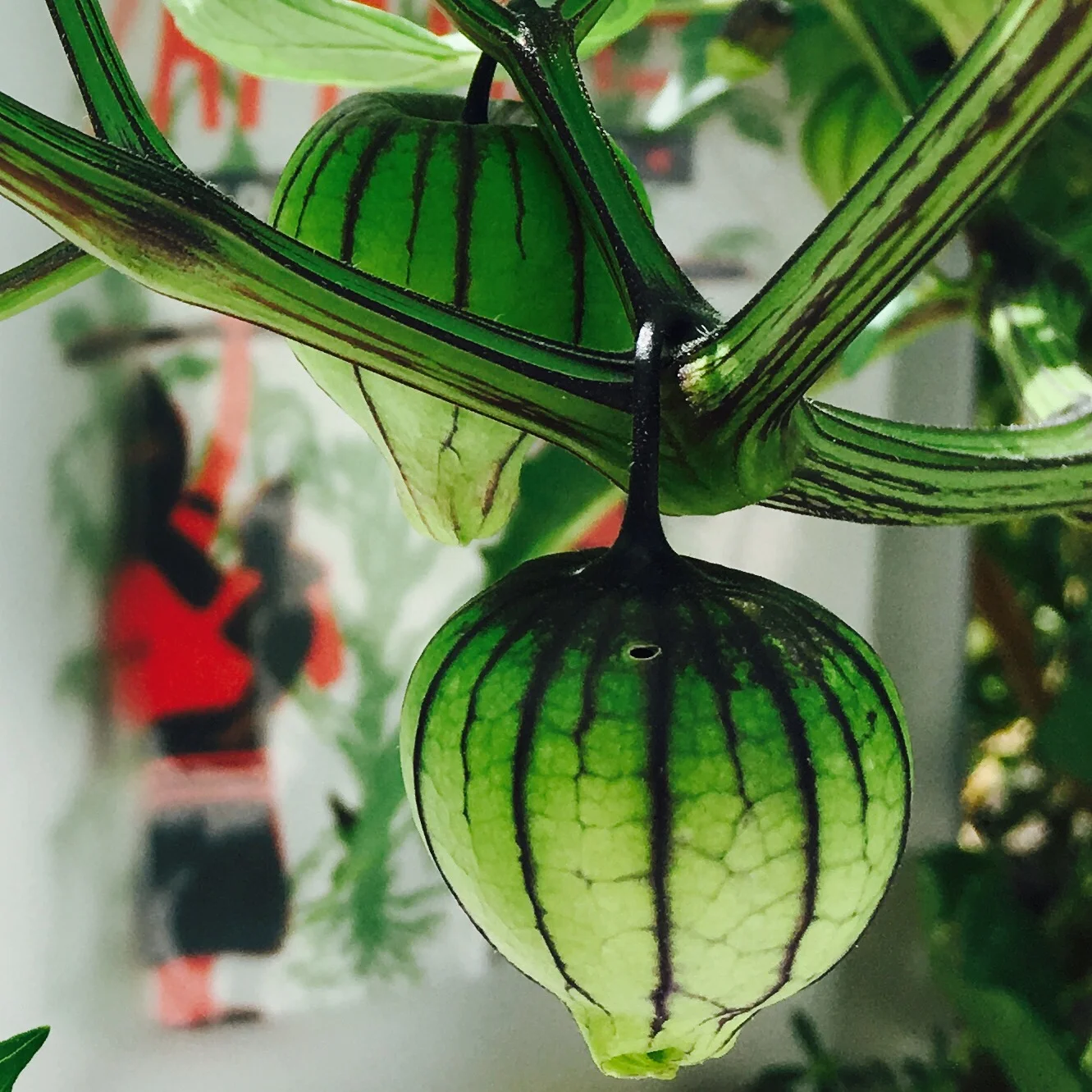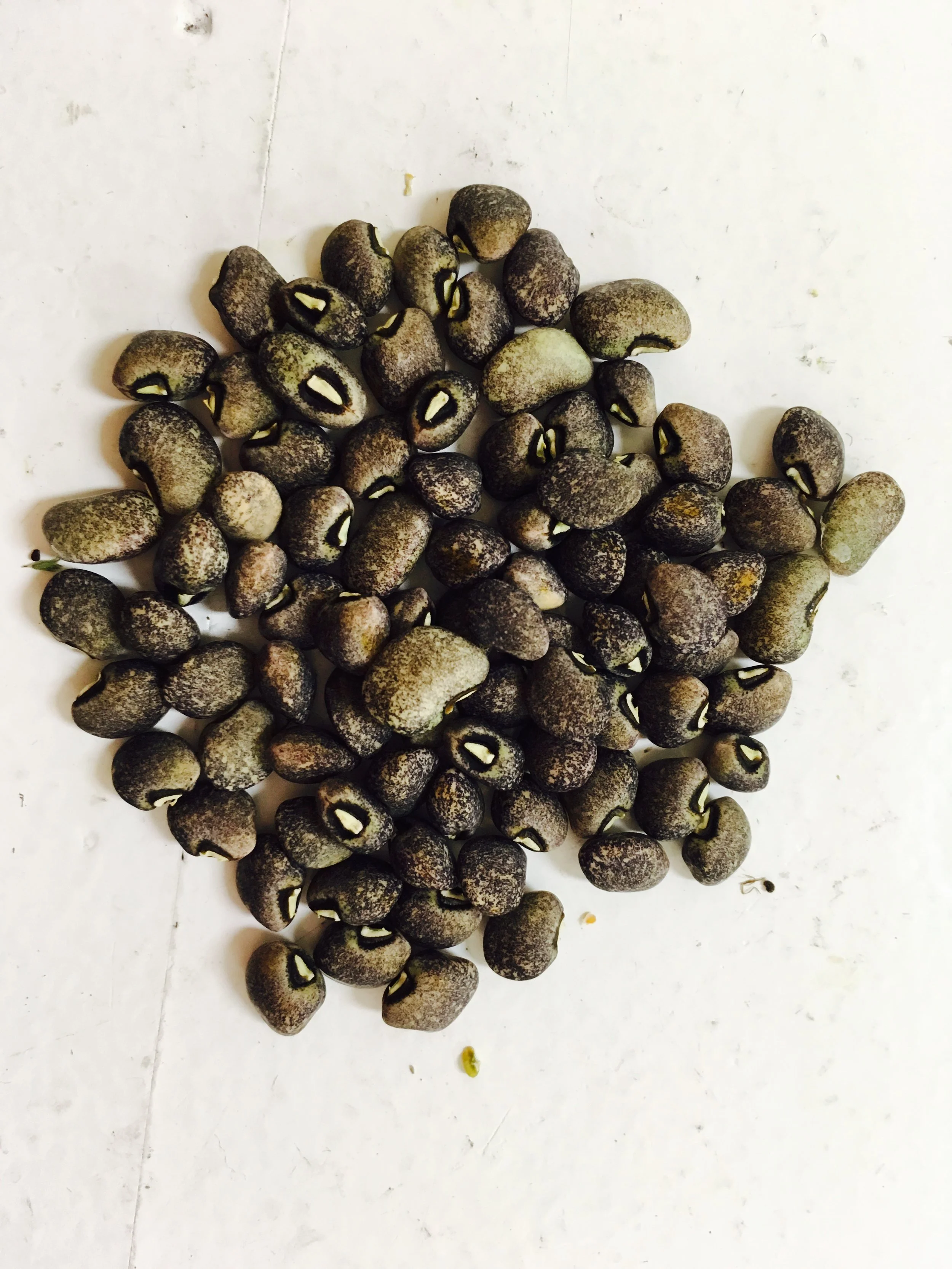This garden is dedicated to the Zapatista women of Chiapas, Mexico. Mayan maize from their territory grows together with beans and squash in a symbiotic relationship known as Three Sisters. Traditional Zapatista maize varieties are currently threatened on a genetic, economic, and cultural level by transgenic, patented varieties. Anti-GMO and anti-colonization, this garden is an effort to preserve a vital genetic heritage stewarded for thousands of years by Mayan farmers.
The Zapatista Army of National Liberation (EZLN) is a revolutionary leftist resistance group comprised mainly of Mayan indigenous groups fighting for autonomy against the oppressive and corrupt Mexican state and international corporate interests. Within the EZLN, women's autonomy is guaranteed in the ten-point Women's Revolutionary Law that includes political, economic, educational, and reproductive rights, among others.
Practicing hand-pollination techniques to protect seeds from cross-contamination presents opportunity for art interventions: portraits and quotes of Zapatista women appear on bags that cover tassels and shoots.
Corn, Zapatista Yellow, White & Black (Zea mays) Seeds are sourced from autonomous Zapatista farmers via the organization School for Chiapas. GMO-free.
Squash, Potimarron (Cucurbita maxima) Small winter squash. Sweet, chestnut flavored orange flesh. Seeds from Seed Savers Exchange.
Bean, Ojo de Cabra (Phaseolus vulgaris) Striped pole beans look like the ìeye of the goat.î Seeds originally from Baker Creek.
Love Lies Bleeding (Amaranthus caudatus) Flowering, edible plant from the Amaranth family.
Gherkin, Mexican Sour (Melothria scabra) Small sour fruits taste like cucumber.
Marigold, Hawaiian (Tagetes patula) Large orange flowers used for yellow-orange dye
Support Zapatista communities at www.schoolsforchiapas.org



